QuestionWe have an un-fixed female 19 yr-old Siamese, Pandora, who has resumed going into heat. She started again about two months ago and it seems to be almost continuous - every twenty minutes through the night. She has been kept in a different room for a little longer than that as she was urinating on our carpets. Do cats have menopause? Could it be a hormonal change?
AnswerHi Richard,
Cats don't reach menopause as humans do. Many cats will continue to go into heat for life, although it tends to become much less frequent as they get older. Some very old cats do reach an age at which they can no longer reproduce, but this can't be depended upon as it can in women. I would not be entirely surprised that a 19-year-old cat would still have the occasional heat cycle. However, I suspect that this may not be heat in Pandora's case, especially if it has lasted continuously for two months.
I think you should discuss a condition called Feline Cognitive Dysfunction Syndrome (CDS) with your vet. This is very much like human Alzheimer's, and some of the most common symptoms are excessive vocalization, especially at night, and failure to use the litter box. Other symptoms may include excessive daytime sleepiness (basically, an interruption in the sleep/wake cycle), poor grooming habits, wandering aimlessly, disorientation (getting "stuck" in corners, staring at walls or walking in circles), social withdrawal, unprovoked aggression or appearing fearful of familiar people. Many people mistake these for typical signs of aging or usual cat behavior, and only realize something's wrong once their cat stops using the litter box or starts crying all night.
No one's exactly sure what causes CDS, but if it's like Alzheimer's, protein plaques in the brain are responsible, and it would make sense that a medication called Anipryl would help. This prevents those protein build ups. It's proven to work in dogs with CDS, and many vets are using it in cats with some apparent success.
Another theory is that a deficieny in a compound called SAM-e results in changes in the brain that cause the symptoms. A supplement called Novifit replaces SAM-e, which naturally diminishes as we (and cats) age. Your vet can discuss both with you if they feel CDS is the cause of your cat's behavior.
Some other possible causes can include some sight loss, which can be disconcerting for cats when the lights go out, and their vision becomes even more limited. Leaving a light on may be helpful. High blood pressure and glaucoma can also cause excessive vocalization, because they cause painful headaches. Most vets are able to take blood pressure readings, and some can read eye pressure, but this might require a referral to an ophthalmologist if there is any suspicion that the eyes look abnormal.
As for her urinating outside the box, I would urge you to look into that, too. This can be caused by a simple infection or crystals, but also by problems like diabetes or kidney disease, or even anxiety.
Best of luck!
Jessica

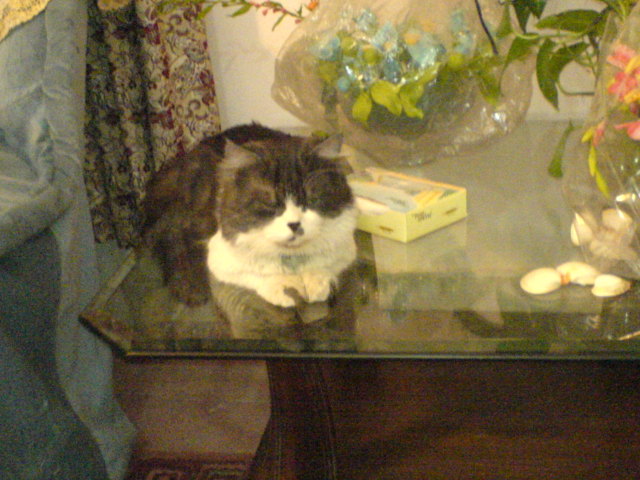 Persian Male Behavioral Issues.
Question
Jimmy
Dear Karen
Hope you are fine. I
Persian Male Behavioral Issues.
Question
Jimmy
Dear Karen
Hope you are fine. I
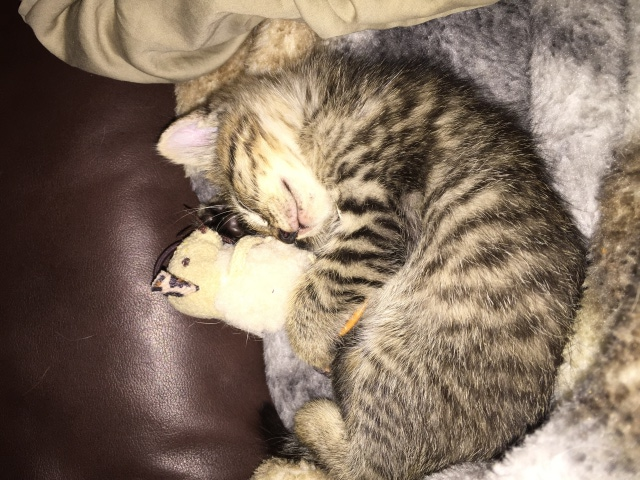 Found 4-5 week old kitten
Question
Chloe
Hi. We found a 4-5 week old kitte
Found 4-5 week old kitten
Question
Chloe
Hi. We found a 4-5 week old kitte
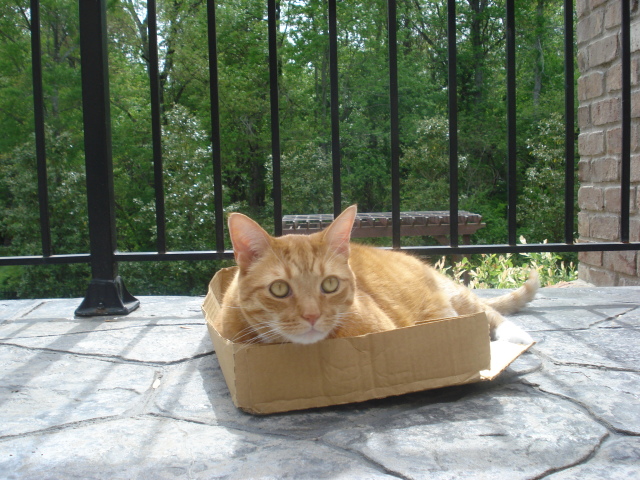 Im terrified... my cat may be dying
Question
My Edward
First of all I want to thank you for
Im terrified... my cat may be dying
Question
My Edward
First of all I want to thank you for
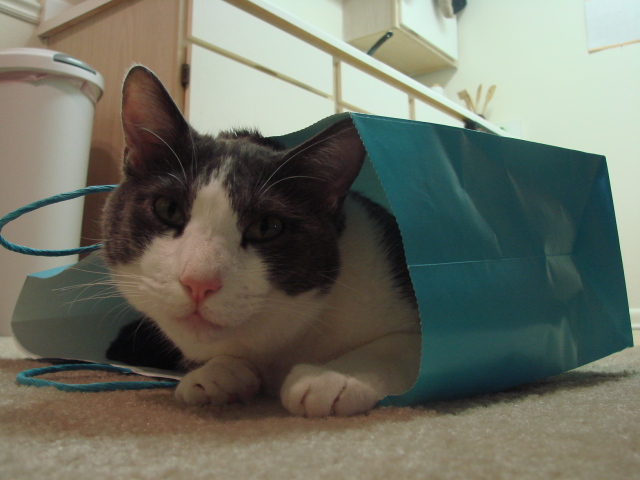 Cat behavior question...
QuestionZero the goofball
QUESTION: Hi Kate,
I
Cat behavior question...
QuestionZero the goofball
QUESTION: Hi Kate,
I
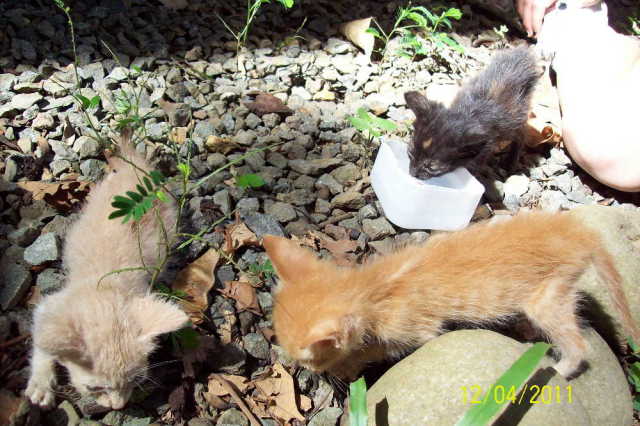 Orphaned baby kittens in the rainforest
Question
kittens
Hello,
My wife and I are volunteers in
Orphaned baby kittens in the rainforest
Question
kittens
Hello,
My wife and I are volunteers in